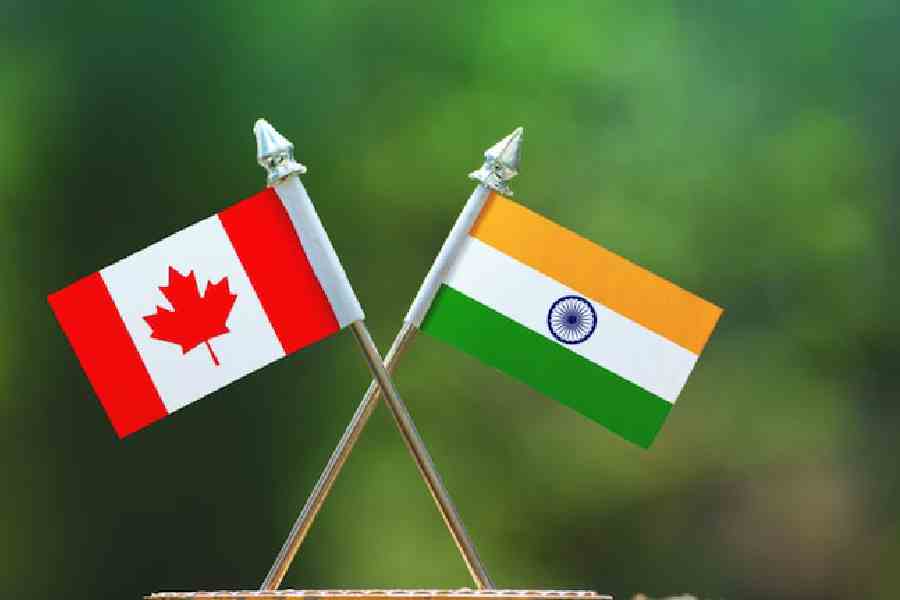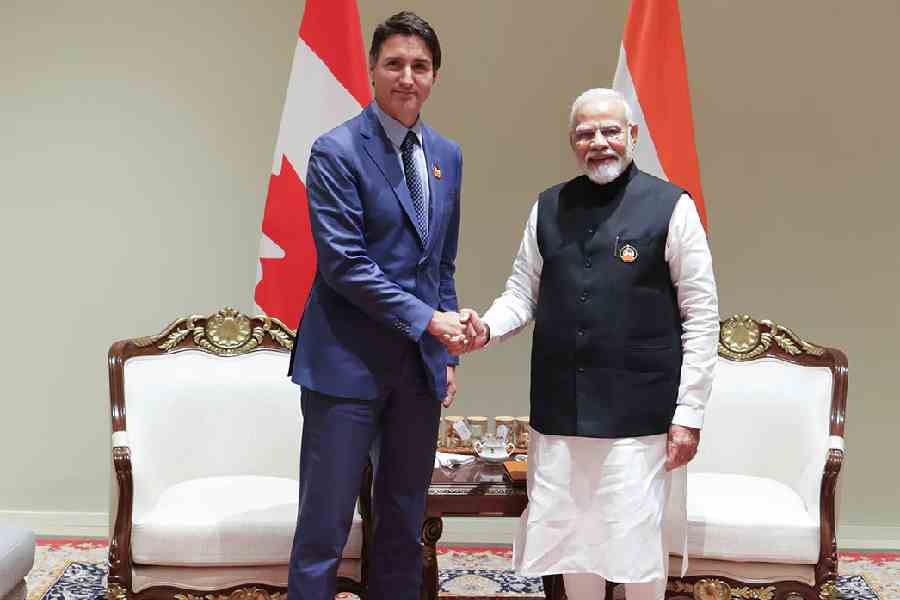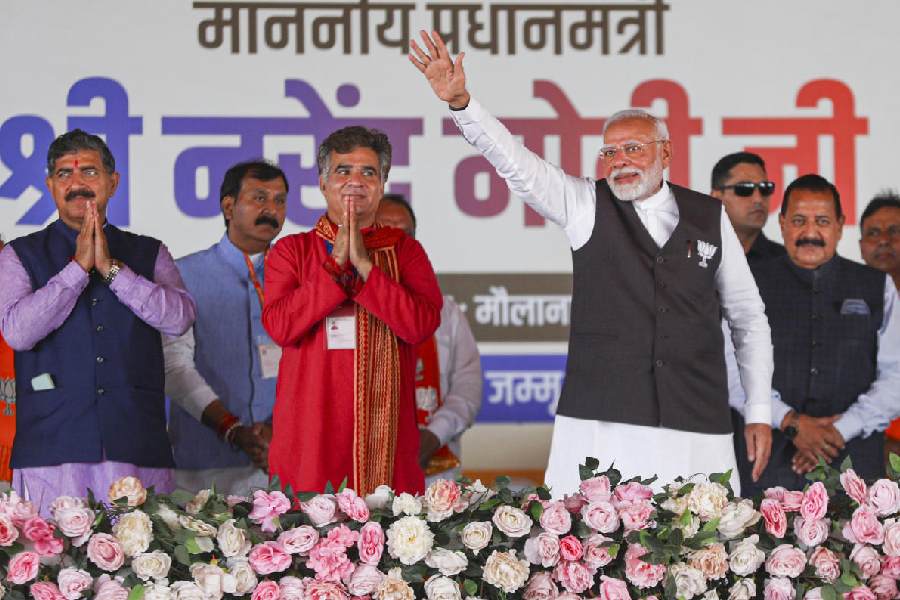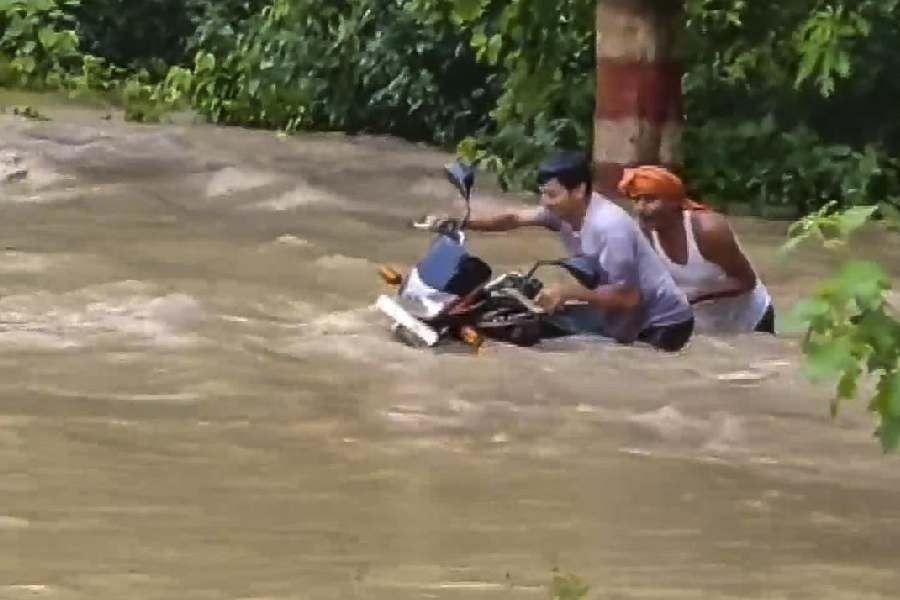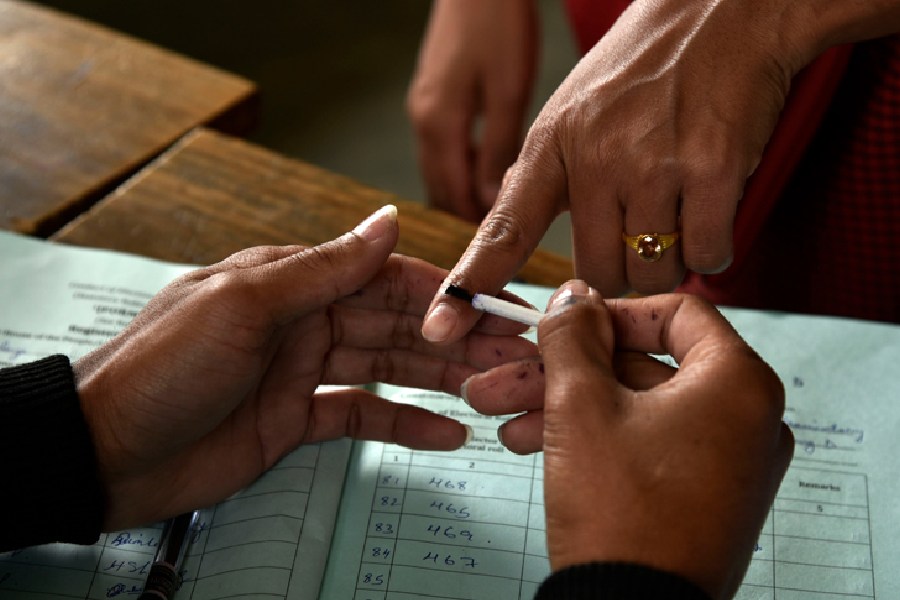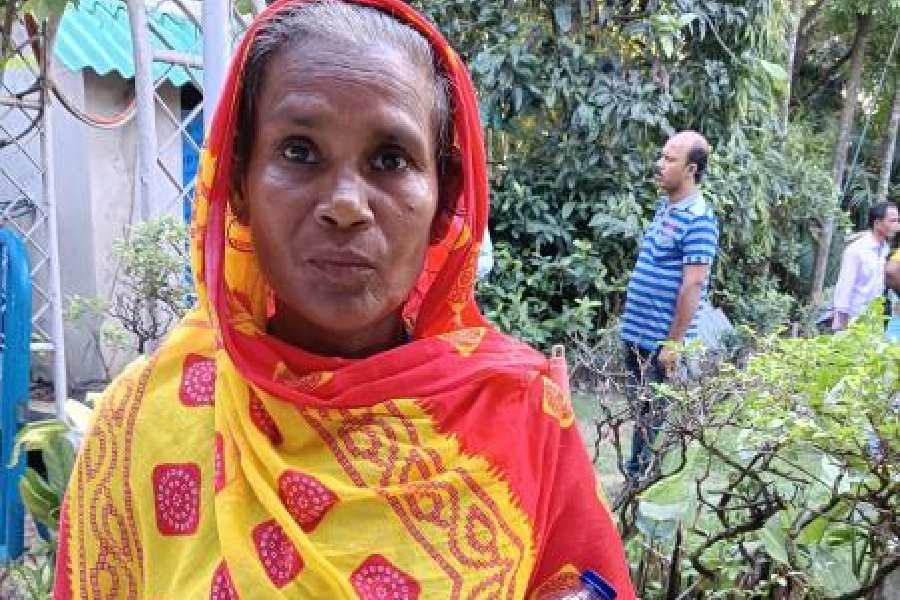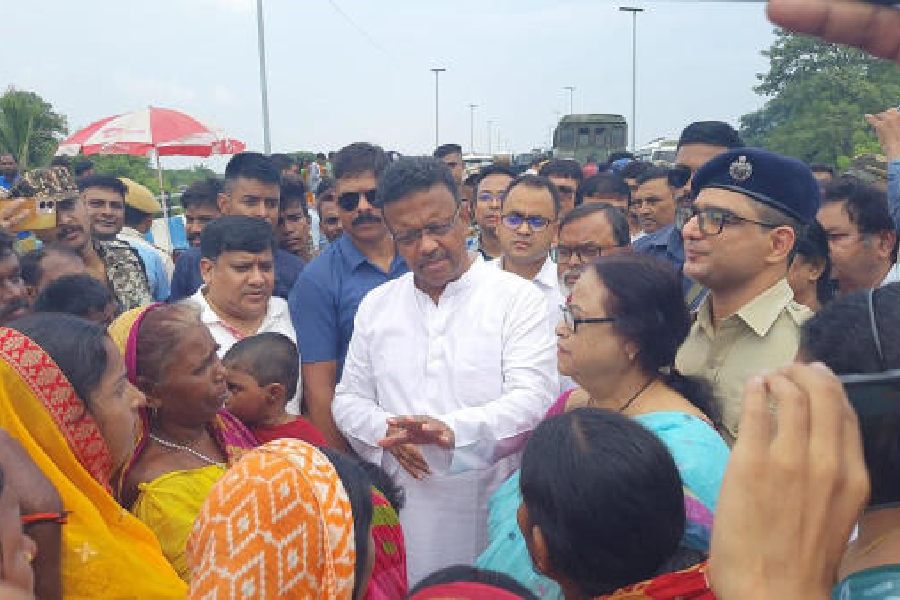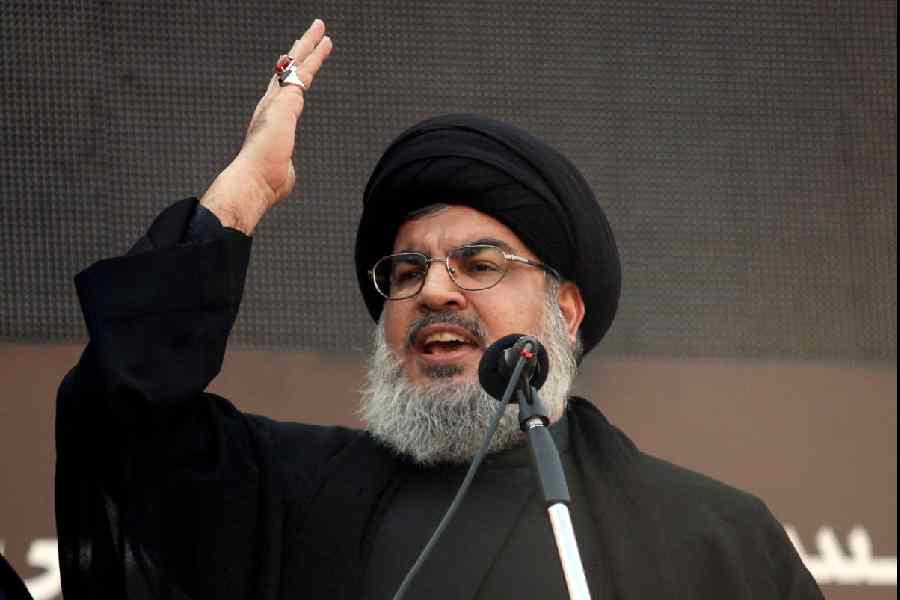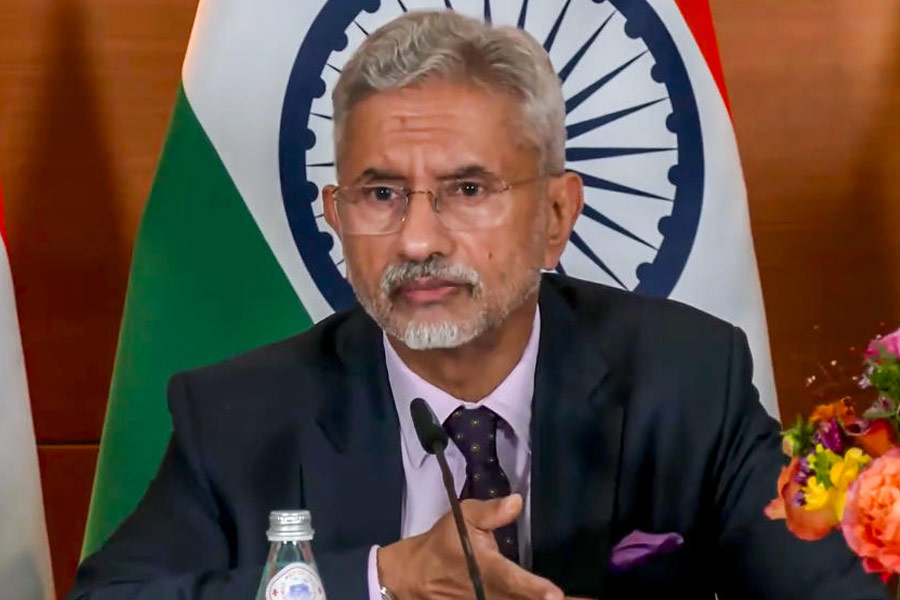It was an unusually timed remark. On June 5, Canada’s National Security Advisor Jody Thomas pointed a finger at India accusing it of being one of the top countries interfering in Canadian internal affairs. Two weeks later Hardeep Singh Nijjar was shot dead in Surrey, British Columbia, in a parking lot outside a Sikh gurdwara.
Was Thomas’ statement a shot across the bows warning India that the activities of its intelligence agencies were being closely monitored? Thomas went out of her way to name India, in addition to the usual Canadian suspects: China, Russia and also Iran.
“When I talk about foreign interference and economic security, I’m now talking about a number of state actors and non-state proxies. That includes Russia, Iran, India, ” said Thomas. She added: “That said, the actor that comes up most on these issues, and it’s no surprise to anybody, is China.”
India sticks out in her statement because it’s the only country of the four that’s not strongly authoritarian.
Though the allegation that Nijjar had been assassinated by Indian agents was only made public by Canadian Prime Minister Justin Trudeau on Monday, behind-the-scenes talks on the issue have been on for several weeks. Canada’s respected The Globe and Mail said Canadian National Security Advisor Thomas had travelled to India twice in recent weeks and David Vigneault, the chief of the Canadian Security Intelligence Service (CSIS), also paid a visit to New Delhi.
On his way to India, at a press conference in Singapore, Trudeau, too, made it clear that national security issues and “foreign interference” would come up if he got a face-to-face meeting with Prime Minister Narendra Modi. “As always, we will emphasise how important the rule of law is,” he told reporters.
He added: “It is incredibly important that we continue to protect Canadians from any and all types of interference.”
The timing of the row
The exploding row between India and Canada has come between efforts to boost relations between India and the Western countries, particularly the US and UK. On Wednesday US President Joe Biden sent out an early signal that improving relations with India is high on his list of priorities by making an early announcement that he had accepted India’s invitation to be the chief guest at the Republic Day parade.
Soon afterwards, the US National Security Council spokesperson issued a statement denying the US had fobbed off Canada’s evidence. “Reports that we rebuffed Canada in any way on this are flatly false. We are coordinating and consulting with Canada closely on this issue.” She added: “This is a serious matter and we support Canada’s ongoing law enforcement efforts. We are also engaging the Indian government.”
However, The Washington Post made it clear that India is a high priority for the US at the moment. It said: “President Biden has aggressively wooed Prime Minister Modi as a counterweight to China. That effort is now complicated by Canada’s explosive allegation that Indian officials may have been behind the slaying of a Sikh separatist leader in British Columbia.”
Bad time for western powers
The Canadian accusations have come at a bad time for the Western powers. The US, UK and Australia have been emphasising closer relations with India, not only because of the Chinese angle, but also as a potential partner in economically isolating Russia, though New Delhi has remained resolutely neutral on that score and has been scooping up Russian oil.
The US, UK and Australia have all reacted cautiously to the Canadian allegations, while saying they support Canada’s investigation. That’s despite the fact that Canada says it has already shared evidence with the Five Eyes, the intelligence-sharing relationship between the US, UK, Australia, Canada and New Zealand.
Canada, too, had been looking to India as a key player of what had been called its Indo-Pacific strategy – along with China. Said the Toronto Star: The ruling Liberals “highlighted India as part of their Indo-Pacific strategy and as a priority for establishing closer economic and scientific ties."
Pause on trade talks
Despite this a few days ago, Canada said it was hitting the pause button on the trade talks and that a scheduled delegation to India in October would be postponing its trip.
Relations between the two countries tumbled even further Wednesday with both countries issuing travel advisories against each other. Canada advised citizens to “exercise a high degree of caution" because of the "risk of terrorist attacks throughout" India. Not to be outdone, India blasted back, saying: “In view of the growing anti-Indian activities and politically condoned hate crimes and criminal violence in Canada, all Indian nationals there are and those contemplating travel are urged to exercise extreme caution.”
That wasn’t all. India suggested that Indian nationals and students should register with the high commission or one of the consulates. There are reckoned to be about 328,000 Indian students in Canada.

